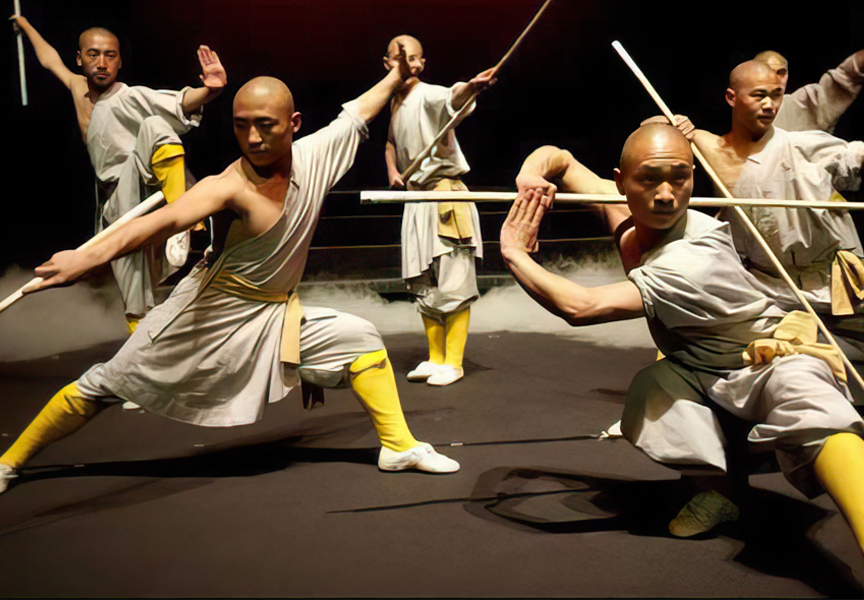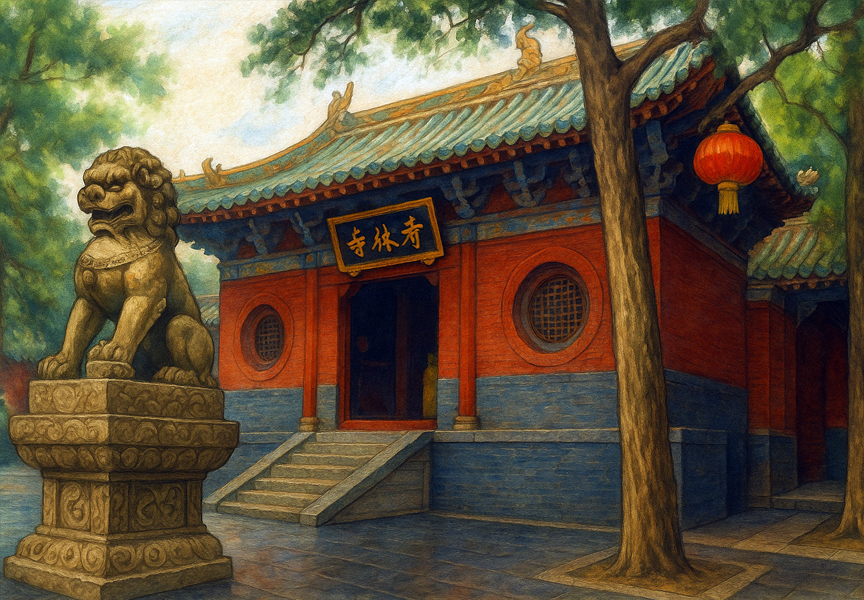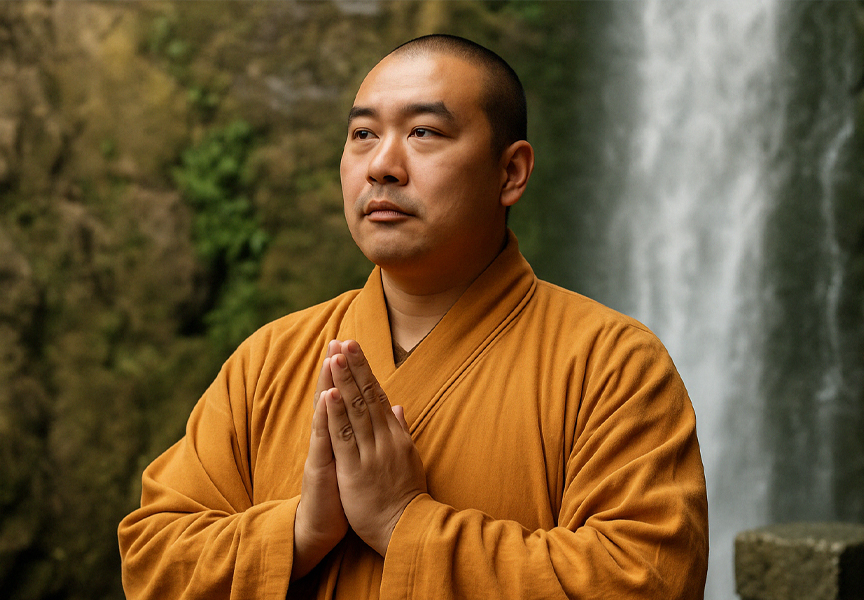Random Free Articles
- The Essential Role of Weapons Training

In the vast world of martial arts, traditional Kung Fu stands out not only for its intricate and beautiful movements but also for its profound connection to a variety of ancient weapons. Weapons training is an indispensable component of any traditional Kung Fu style, encompassing not only the aesthetics of movement but also the practical knowledge required to effectively apply techniques in combat situations. This article delves into the…
- The rescue of the Shaolin arts

The Preservation of Shaolin Arts after the Cultural Revolution (1966–1976) in China was a process full of challenges, but also of perseverance, secrecy, and eventually, state recognition. The Shaolin arts include both martial arts (Shaolin Kung Fu) and the Buddhist spiritual tradition. Here's how they were preserved: 1. Secret Preservation by Monks and Lay Practitioners During the Cultural Revolution, the Shaolin Temple was heavily…
- A Journey of Mind and Body

Martial arts have a rich and storied history, with roots that stretch across cultures and centuries. From ancient practices like Kung Fu and Karate to modern disciplines like Brazilian Jiu-Jitsu and Muay Thai, martial arts encompass a wide range of techniques and philosophies. While many practitioners focus on the physical aspects of martial arts, such as strikes, kicks, and grappling, it's essential to recognize that the most important…
- The Rise of Pretenders

Over the past few decades, martial arts have exploded in popularity around the globe, bringing a wide range of fighting styles and philosophies to the forefront. Among the most celebrated is Chinese Shaolin Kung Fu—for its deep cultural roots, elegant movements, and philosophical depth. Yet as the art spreads beyond its native borders, a troubling trend has emerged in regions with limited access to authentic instruction: self-styled “Kung…
- The Ethical Imperative in Self-Defense

Prioritizing Efficacy Over Profit In the realm of self-defense instruction, a troubling trend has emerged: the commodification of fear. Many self-proclaimed experts exploit individuals' anxieties about personal safety, offering elaborate courses and expensive equipment. While the demand for self-defense training is understandable, there is an ethical imperative to prioritize practical and effective techniques over profit. Instructors…

